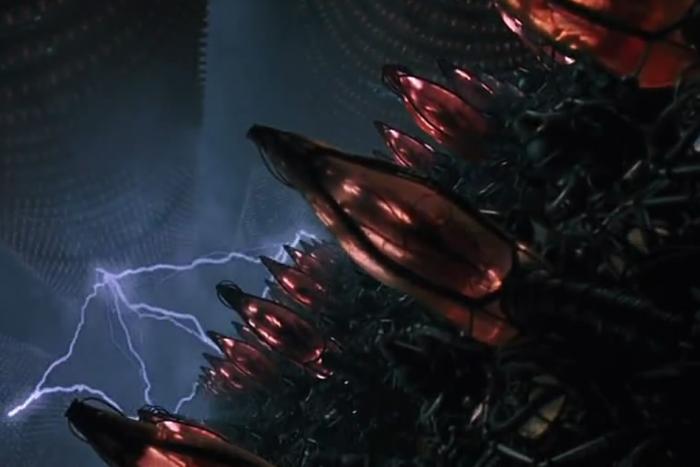Last Friday, the Supreme Court of Canada told Stephen Harper no, again. This time it was telling him that, no, he could not abolish the Senate of Canada without getting the unanimous consent of the provinces, nor could he make a grab-bag of other changes without getting at least seven provinces to sign on first. Good news for people who find the Constitution’s property requirements for Senate tenure abhorrent: outside of Quebec, Ottawa can get rid of that bit without anyone’s say-so. Let’s see if Harper bothers to try.
The Supreme Court’s decision was not particularly difficult to foresee—indeed, a bunch of provincial Attorneys General saw their arguments echoed almost verbatim in the decision—but a lot of people are sad nonetheless. Reforms that a lot of people see as desirable (incorrectly for those of us on the record favoring abolition) now face a pretty high bar to be enacted—or, as the Supreme Court would prefer you think of it, always have: we just never asked them until now.
One point that hasn’t been made about Friday’s ruling is that it doesn’t, to my reading, foreclose any reforms of the Senate being made without the provinces—it simply says that you can’t change the fundamental character of the Senate without asking them. That “fundamental character” isn’t the chamber of fundraisers, howling partisans and retired journalists that actually exists, but the independent, unelected chamber of sober second thought it’s nominally supposed to be.
Friday’s decision could be read as an invitation by the court to propose reforms that would not change the Senate’s fundamental role in the constitution, but make it adhere more closely to the role the Justices imagine for it instead of the farce of the last year. Those reforms, whatever they might look like, may actually get passed by the Feds alone with the assent of the Court.
Zoom out a bit, though, and Harper’s latest defeat at the Supreme Court is a boon for people who are fond of breaking history into discrete eras. With apologies to better historians of the Canadian Constitution, the history of the document since Trudeau brought us the Charter and the amending formula could be summed up as Mulroney’s efforts to get Quebec to sign on (Meech Lake, Charlottetown) and Chretien’s efforts to keep Quebec from walking out (the 1995 referendum, the Secession Reference). Somewhere in there we also got important decisions like Morgentaler and the widening circle of gay and lesbian rights, despite more than a little cowardice from elected governments on both counts.
The Harper Era, if such a thing can be said to exist, is likely to be remembered differently. The basic shape of the Canadian Constitution isn’t a controversy anymore, and the few people who realize Quebec never ratified the 1982 document don’t find that a stunning indictment of the process, something to be “fixed” by breaking a system that has worked better-than-passably for a century and a half. Nor, if the most recent Quebec election is any indication, are Quebecers as anxious to head for the doors as they once were.
Instead, Harper has consistently run up against the limits of the power of the federal government, as outlined by the Supreme Court. Other prime ministers have, of course, been told “no” in the last 30 years, but it’s been consistent under Harper in a way that bears drawing out: whether it was the reference to Ottawa’s ability to mandate a single national securities regulator (nope), the government’s right to capriciously refuse to renew Insite’s ability to conduct safe injections (nope), the prime minister’s right to appoint who he wants to the Supreme Court (nope). It’s even been the case with items the Harper government inherited from its predecessors, such as the ability of the government to treat minors who commit serious crimes like adults (nope), the country’s right to put sex workers in mortal danger (nope), or the right of the government to deport Muslims living in Canada after 9/11 without presenting evidence (nope).
If you’re a fan of Harper’s, this looks like the worst kind of judicial activism (a problem for you, as the majority of the court are now his appointees, and last week’s decision was unanimous). If you’re a critic of Harper’s, it looks like the Supreme Court is the only thing standing between us and Harper’s unilateral rule. But that misses the point: while Harper is responsible for bringing some of these cases to the court, he’s not responsible for all of them—and, crucially, he’s not the one making the decisions.





